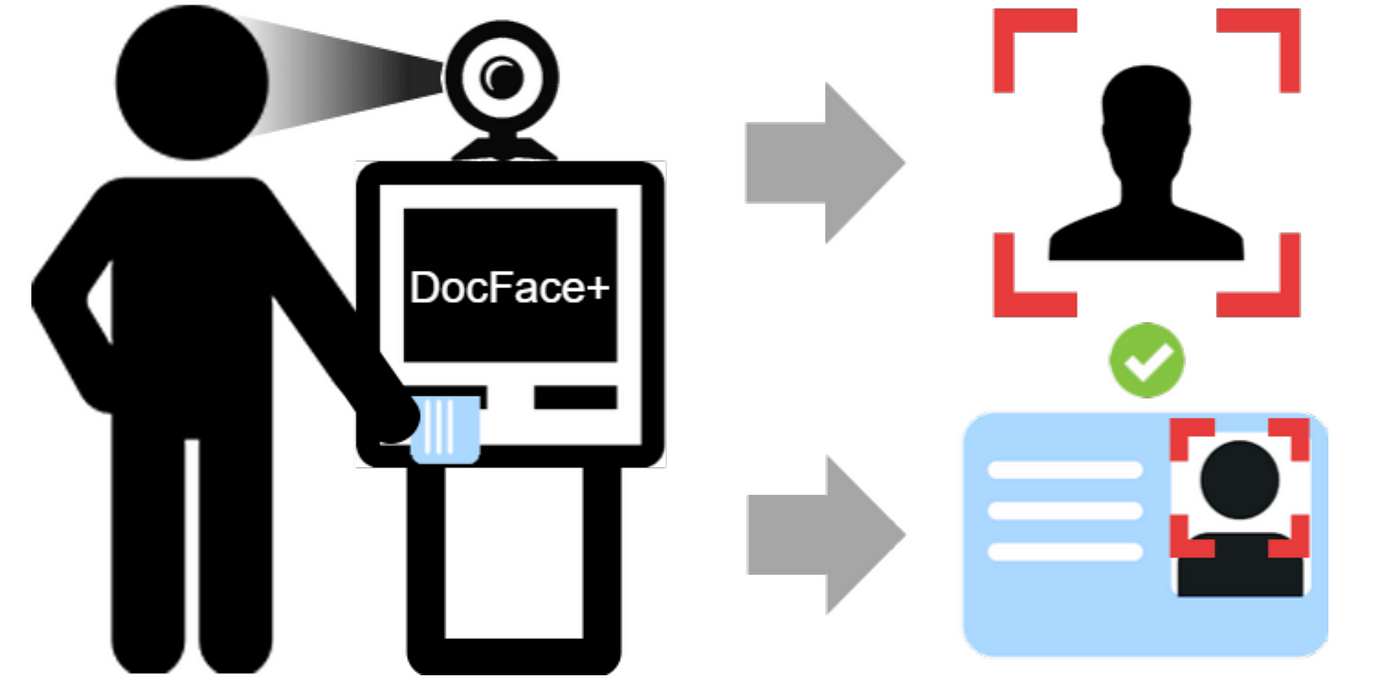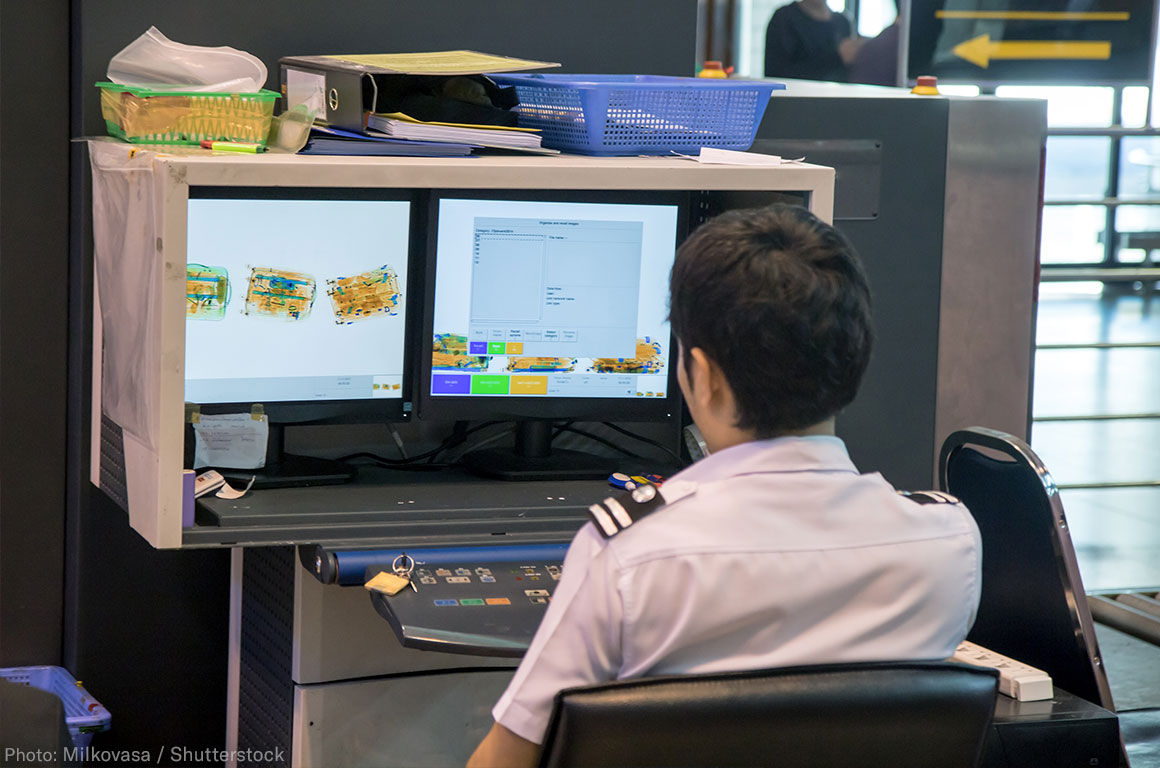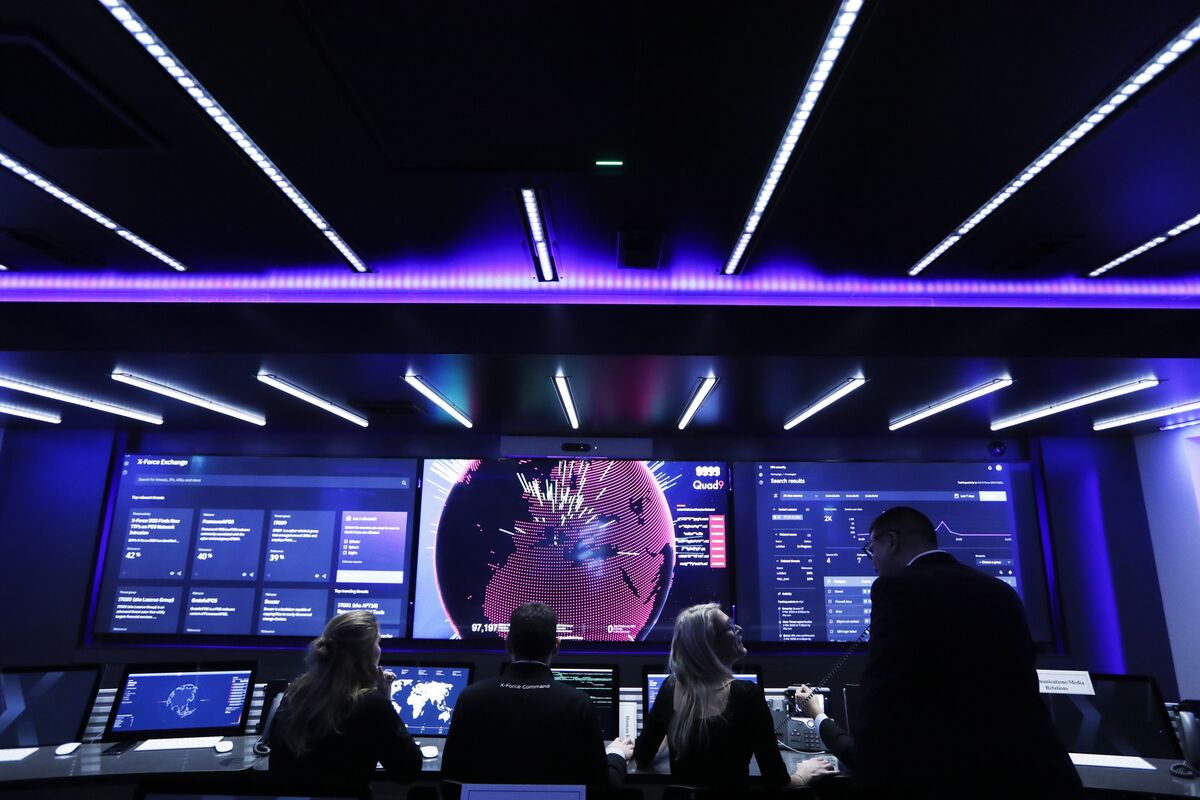AI Creative Corner: Unveil Your Own Artificial Intelligence to the World
Security Artificle Intelligences

Waymo is a subsidiary of Google that develops autonomous driving technology. It uses artificial intelligence and deep learning algorithms to create self-driving vehicles. These vehicles perceive their surroundings, predict road conditions, and autonomously manage driving functions while traveling in traffic.

Access control systems, including facial recognition, fingerprint recognition, retina scanning, and other biometric technologies, manage identity verification and secure access to buildings. Artificial intelligence accelerates identification and monitoring processes.

Fire and burglar alarm systems use environmental sensors and artificial intelligence to detect hazardous conditions. For instance, smoke detection sensors identify fires, while motion sensors can detect intrusions.

Artificial intelligence strengthens identity verification processes. It encompasses technologies such as fingerprint recognition, facial recognition, and voice recognition. This ensures that only authorized individuals gain access to specific areas.

Security cameras use artificial intelligence to recognize and identify license plates, especially in parking lots and security checkpoints.

Airports use artificial intelligence for passenger and baggage screening. This technology can detect hazardous materials and reduce security risks by analyzing passenger behaviors.

Artificial intelligence is employed to detect cyberattacks, monitor network security, and defend against cyber threats. It provides the capability to rapidly assess and respond to security events.

Artificial intelligence coordinates security operations and monitors security events. It enhances emergency management and facilitates rapid response.